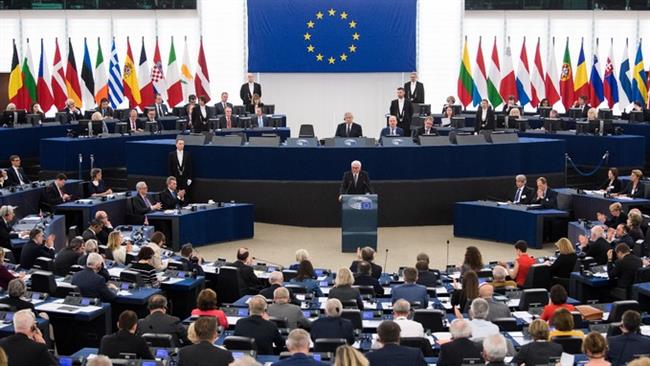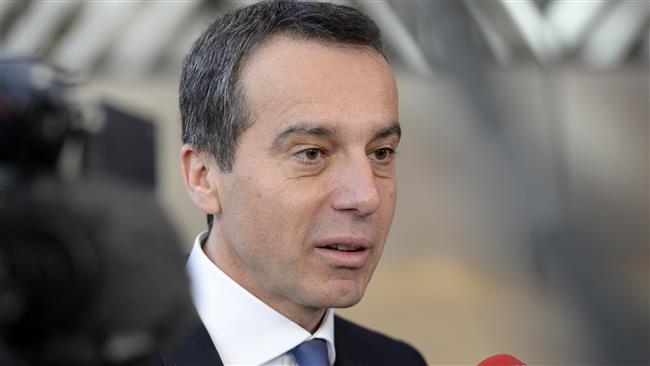EU reduces Turkey's pre-accession funds in 2018 budget amid strained ties
The European Union has reduced some of the money earmarked in its 2018 budget deal for Turkey to join the 28-member politico-economic bloc in a clear sign of increasingly sour relations between the union and the Ankara government.
Members of the European Parliament (MEPs) and member states agreed on Saturday to slash the “pre-accession funds” by 105 million euros ($123.795 million), and froze an additional 70 million euros ($82.53 million) of previously announced spending.
The decision was made over doubts about Ankara's commitment to democracy and human rights.
“We consider the deteriorating situation in relation to democracy, rule of law and human rights worrying,” the legislators said in a statement.
“We have sent a clear message that the money that the EU provides cannot come without strings attached,” said Romanian MEP Siegfried Muresan, the lead rapporteur for the budget.
The EU had initially pledged 4.45 billion euros ($5.24 billion) in pre-accession spending for Turkey from 2014 to 2020. Only 360 million euros ($424.44 million) has, however, been allocated so far.
European leaders reached an agreement on October 19 to explore cuts in EU funds to Turkey.
German Chancellor Angela Merkel pushed for the measure in response to what she described as Turkey’s “unacceptable” violation of human rights.
“We have asked the Commission to make recommendations on changing and reducing the pre-accession aid,” Merkel told reporters at the time.
Turkey has been trying to become an EU member since the 1960s. Formal EU accession talks began in 2005, but the process has been plagued by problems.
The EU has opened 16 out of the 35 chapters required for Turkey to join the 28-nation bloc, but only one of them has so far been concluded.
Turkey and the EU sealed a deal in March 2016 to stem the flow of refugees to Europe in return for financial and political rewards for Ankara.

Some European countries argue that aid meant to help Turkey reform politically now makes no sense as Turkish officials are pressing ahead with a heavy-handed crackdown and repressive measures in the wake of the July 2016 coup attempt against President Recep Tayyip Erdogan.
Tens of thousands of people have been arrested in Turkey on suspicion of having links to US-based cleric Fethullah Gulen and the failed coup. More than 110,000 others, including military staff, civil servants and journalists, have been sacked or suspended from work over the same accusations.
The international community and rights groups have been highly critical of the Turkish president over the massive dismissals and the crackdown.
Turkey was set to receive almost 500 million euros next year for the EU’s common budget.
American warplane downed after Yemeni attacks 'baffled' US air defense: Ansarullah
VIDEO | Yemenis praise the military for its successful operations against Israel
VIDEO | Israel continues to bomb Gaza homes
VIDEO | An insider's view of the country: Meybod City in Yazd
‘All wars have rules. All of those rules have been broken’ by Israel
VIDEO | Report flags India’s violation of rights of Rohingya detainees
Turkey's foreign minister meets Syria's de facto leader in Damascus
VIDEO | US Syria plots



















 This makes it easy to access the Press TV website
This makes it easy to access the Press TV website